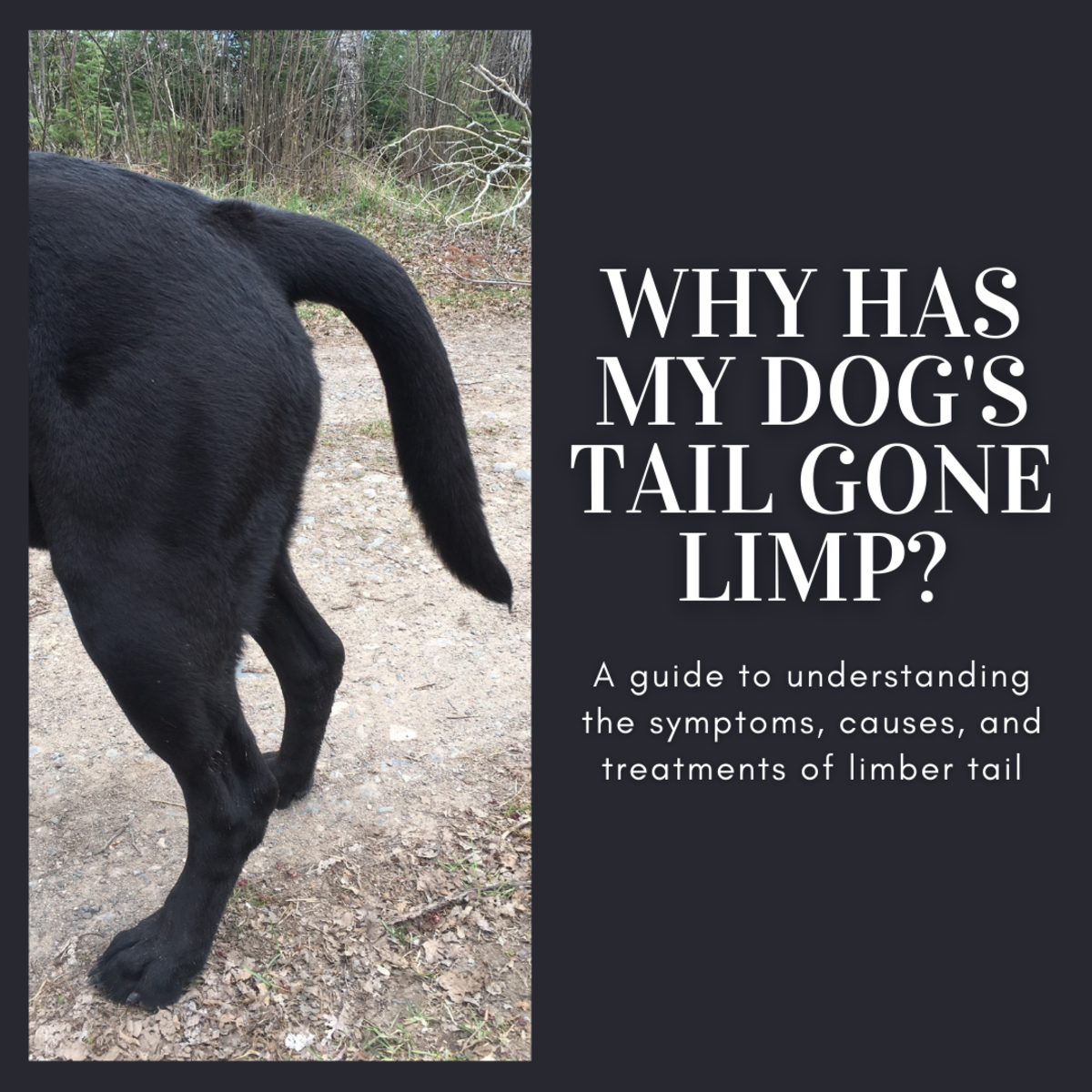Raw food for dogs - is it healthy to BARF?

Food, vaccinations, medicine, breeding, luxury – the modern dog rarely has to work for his living and is often treated as well as any human member of the family, but with all this pampering are we forgetting what dogs really need? Do we love our dogs so much that we’re smothering them to death?
In western society the dog lives as part of the family unit, often humanised, even pampered. Dog behaviourists are enjoying a boom in business as we search for advice about how to best train our canine friends due to our lack of understanding of canine behaviour. Our dogs are having to adapt to a life without a job and are often chosen as companions based on looks rather than capabilities with some breeds suffering medical problems as a consequence of ‘vanity breeding’. Most of us are aware of the recent controversies over the health of Crufts champions but what about what goes on behind the scenes in our dogs’ everyday lives? Are we vaccinating our dogs too much? Are we feeding them the right food? When it comes to big business, however, involving the pharmaceutical and food giants, it can be hard to separate the facts from propaganda.
In the last decade there has been an ever growing debate about what we should be feeding our dogs. Search the internet for anecdotal evidence about the benefits of feeding a raw (or BARF - bones and raw food) diet and you will find many people who are willing to tell their story. In that same search, however, you are likely to find others fiercely against it. So how can we tell what is best for our dogs?
Kibble, darling?
We live in an age of fast food and fast living. Convenience foods for humans and pets are big business but we’re always hearing about fast food being bad for us; what about our dogs? The old adage ‘you are what you eat’ encourages us to eliminate preservatives and unnecessary additives from our food but commercial dog food is riddled with them. So why are we not using common sense when it comes to our pampered pooches?
Modern pet food has only really existed for the last 100 years or so, invented as a cheaper, more convenient way to feed our pets. As a consequence of our busy lives, it is big business and there are companies out there making millions. But what did dogs eat before the advent of kibble and cans? Were they underfed and undernourished, suffering from malnutrition and disease? The plain answer is “no”.
Dogs were fed on meat and human leftovers. So why can’t we do the same now? It certainly wouldn’t be healthy to feed dogs on human leftovers in current times simply because our diet has changed so much. We eat much more sugar, salt and fat in our diet than ever before and obesity and diabetes are huge problems in many western countries. It follows that, if dogs were to eat our food nowadays, they too would suffer horrific health and dental problems.
So we feed our dogs with kibble and canned food labelled ‘complete’ and trust the food companies implicitly with their formula of balanced vitamins and minerals for canine health. Modern dog food, however, has its fair share of unhealthy ingredients. In order to keep the food fresh and edible it is littered with chemical preservatives and additives – just like our own convenience foods, but worse. Their teeth suffer, their breath suffers and arguably their overall health, but what else can we feed our dogs?
There is an alternative. It is known as the BARF or raw food diet but it faces fierce opposition from those within the food industry and vets alike.
Look online for information about the raw diet for dogs or cats and you will find dozens of testimonials from pet owners singing the praises of this method. Look a little further and you will find arguments against it, even accusations that it is dangerous for the health of dogs. Some vets, in particular, are completely against this method and many of their clients trust their opinions implicitly. Do you trust your vet? More importantly do you trust the training your vet has received? Many dog owners are not aware that nutritional training in the majority of vet schools consists only of a couple of weeks of lectures delivered by none other than the largest pet food companies in the market. Walk into any vet’s surgery and you will instantly discover that pet food companies and vets have a business relationship together. Perhaps this might cloud the average vet’s ability to be frank and honest about canine nutrition. It certainly creates a grey cloud over the subject.
So what are the arguments against feeding your dog raw food?
Argument number 1: you will end up feeding your dog bacteria that can make him ill.
How many dog owners are aware of the number of pet food recalls per year due to the presence of bacteria and other pathogens that can and do make dogs ill? The list is extensive and can be found on www. http://www.accessdata.fda.gov/scripts/newpetfoodrecalls/. It cannot be denied that bacteria can be present in meat but dogs have been eating raw meat for thousands of years and have an amazing ability to deal with bacteria (including salmonella). It is a fact that salmonella can be passed through to the faeces of dogs fed on raw food but the same is true for dogs fed on kibble. Owners need to exercise common sense when scooping dog waste, especially in households with young children, but this is nothing new. A better way to avoid the bacteria so common in mass produced meat from large corporations and pet food companies would be to source good meat from small, local farmers and support ethical and sustainable practices.
Argument number 2: you will not be able to provide him with all of the vitamins and minerals that he needs.
This argument seems at first to be backed by common sense. It is necessary to ensure that your dog is getting a balanced diet with a variety of nutrients including those found in meat, bones and muscle. It might seem daunting to the prospective raw feeder with no knowledge of nutrition but, with a bit of self education, providing a balanced diet is not impossible. There are now scores of books on the subject, online support forums and more and more small companies which deal exclusively with this type of food. Some provide frozen, minced meat and bones and some provide supplements for you to add to meat that you buy yourself. There are also companies producing more natural diets contained in the traditional pet food pouches used by some of the larger companies. Feeding raw need not be a chore if you find a method that works for you.
So what can you do? Use your common sense: dogs have not evolved to be able to work a barbecue, nor can they use an oven. They don’t have opposable thumbs and they can’t light a fire. Dogs are carnivores with the ability to deal efficiently with bacteria (including salmonella). Kibble is unnatural. It’s the equivalent of fast food for pets. Beware of nutritional studies sponsored by pet food companies, beware of biased opinions. Do your research and make the best decision for your dog. He’ll thank you for it in the long run.









